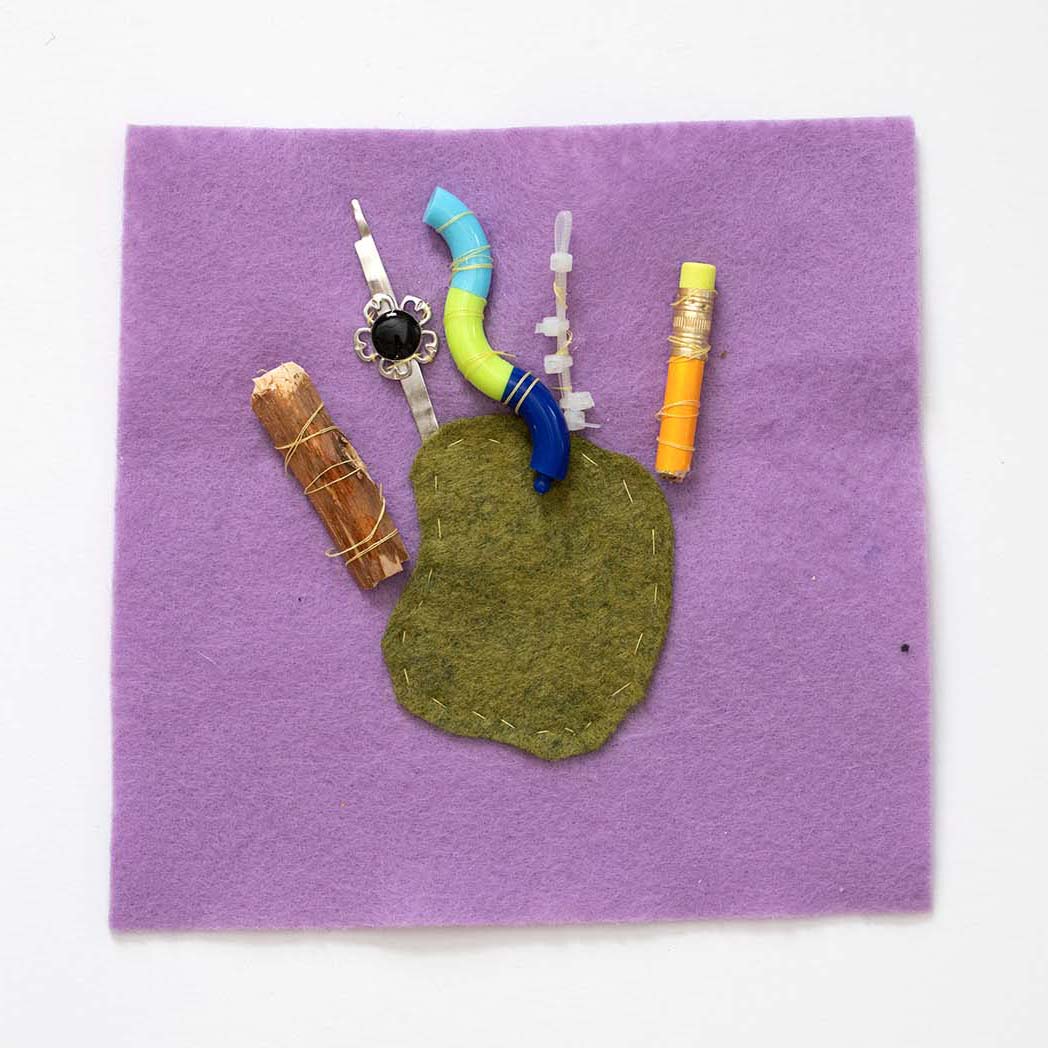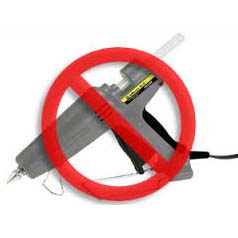Tips for a Successful Quilt Square
Do’s and Don’ts for completing your successful LED Quilt square

Do: Add your own items to your square! Make it unique, make it yours, have fun! Want to make a stick figure? Why not sew in some small sticks you found in the yard! You could use a ball of aluminum foil, for the head, and cut out pieces of a recycled butter tub to make clothes! Get creative!
Don’t: Use heavy items that might fall off, or cause the finished quilt to sag from their weight. Also avoid using anything fragile that might break. Remember, this quilt will be displayed outside, where it might blow around in the wind! And if the overall weight of you square is too high then we might not be able to include it in the finished quilt, so try to keep the weight low.

Do: Attach things to your quilt square using thread, yarn, or even safety pins (but watch out for short circuits!)
Don’t: Attach things to your quilt square with glue. Most kinds of glue don’t tend to stick well to felt, and can be surprisingly heavy. Some examples of glue that will not work well are Elmer’s glue, super glue, wood glue, and hot glue guns. The one exception is specially designed fabric glue, which you can use to attach lightweight things if you have it.
Do: Test your LED circuit by connecting it to a pair of 1.5v batteries. You can use AA, AAA, C or D size batteries.
Don’t: Connect your LEDs to a 9volt battery – it will be too powerful and could burn out your LEDs. And of course, never connect your circuit to anything that you plug into a wall. For more information on testing, check out the [insert title for circuits video].
Do: Keep your quilt square clean and dry.
Don’t: Get your quilt square wet. If it gets wet, let it dry thoroughly for a day or more before testing it with a pair of 1.5v batteries.
Return to LED Quilt main page.